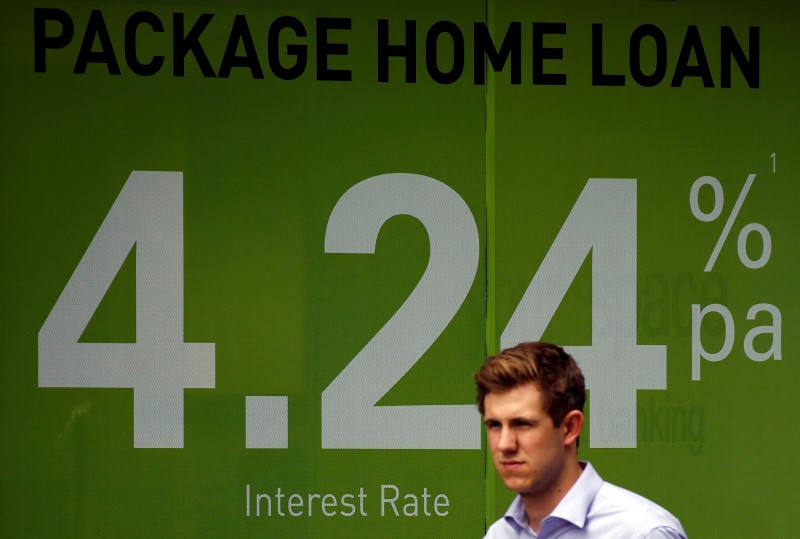By Ambar Warrick
Investing.com -- Australia’s job market unexpectedly cooled further in January, government data showed on Thursday, while unemployment rose amid increased economic headwinds and seasonal disruptions in the workforce.
The number of employed people in the country fell 11,500 in January to 13.7 million, compared to expectations for growth of 20,000 people. This also saw the unemployment rate rise to 3.7% from 3.5% in the prior month, its highest level since June, data from the Australian Bureau of Statistics (ABS) showed.
The reading comes as the Australian economy grapples with overheated inflation and rising interest rates, which the Reserve Bank warned could result in headwinds to the jobs market later this year. The central bank had also warned that the path to a "soft landing" for the Australian economy from the COVID-19 pandemic was growing narrower.
But weakness in the jobs market gives the RBA less economic headroom to keep raising interest rates. The Australian dollar slumped 0.5% after Thursday's reading.
Employment is also expected to cool after a strong run through 2022. While unemployment rose in January, it was still at its lowest level in nearly 50 years. The total number of employed people had also hit a record high in late-2022.
Season trends played a role in January’s surprise reading, the ABS said in a statement, as several people changed jobs or took a break from work with the intention of returning later in the year.
“January is the most seasonal time of the year in the Australian labour market, with people leaving jobs but also getting ready to start new jobs or return from leave. This January, we saw more people than usual with a job indicating they were starting or returning to work later in the month,” said Bjorn Jarvis, ABS head of labour statistics.
Still, an unexpected decline in Australia’s participation rate, which fell to 66.5% in January from 66.6% in the prior month, could herald some underlying weakness in the employment sector, especially as Australia’s economy cools this year.
